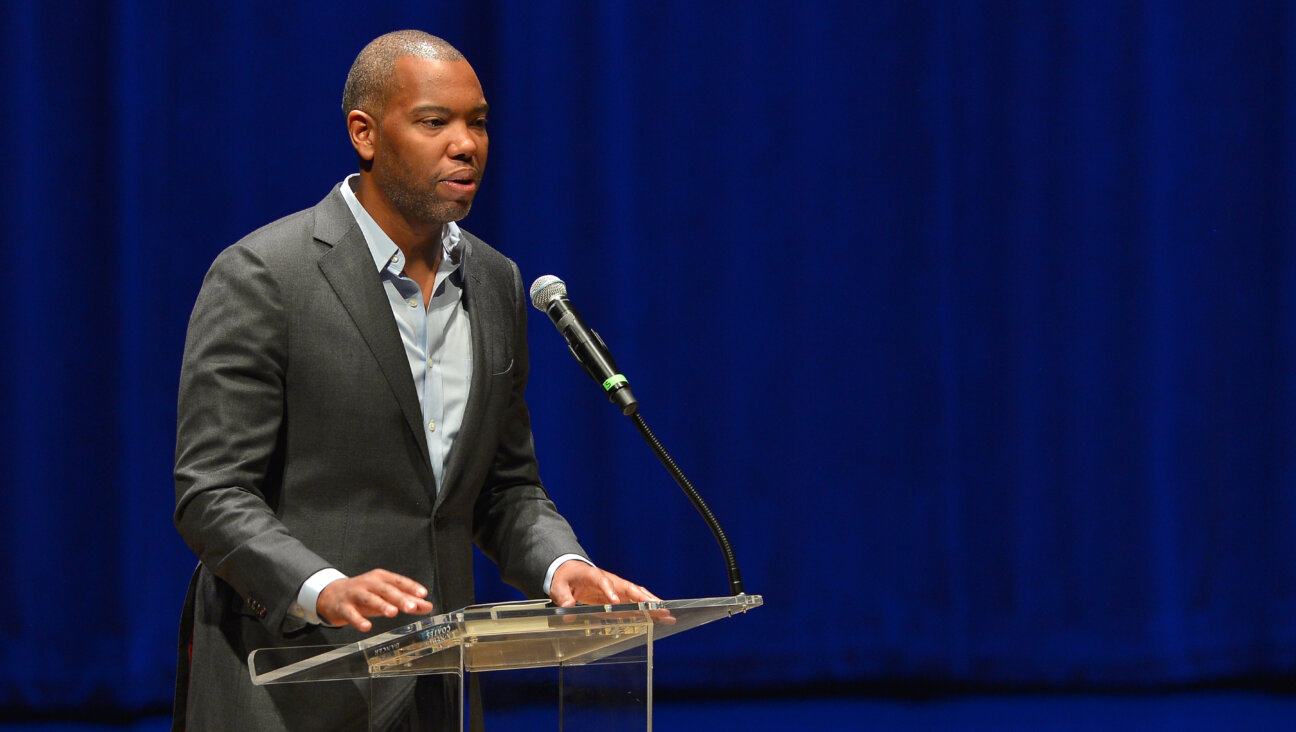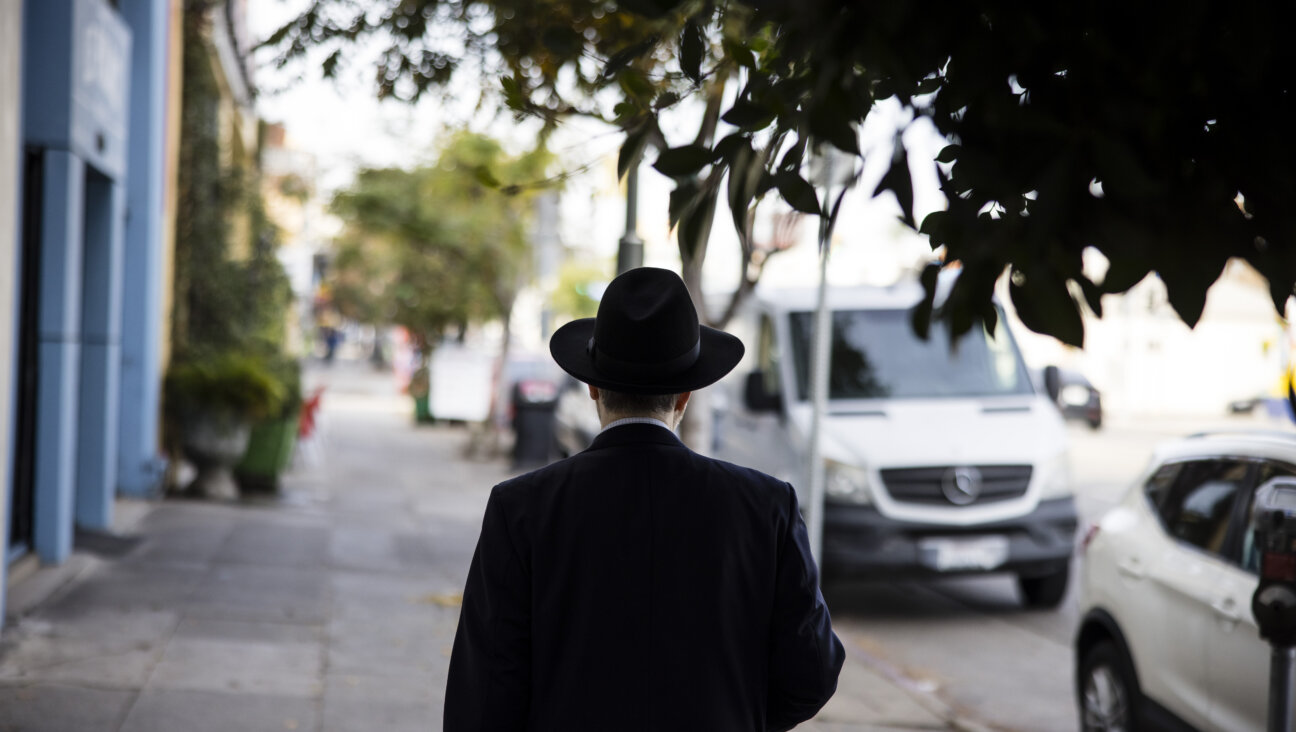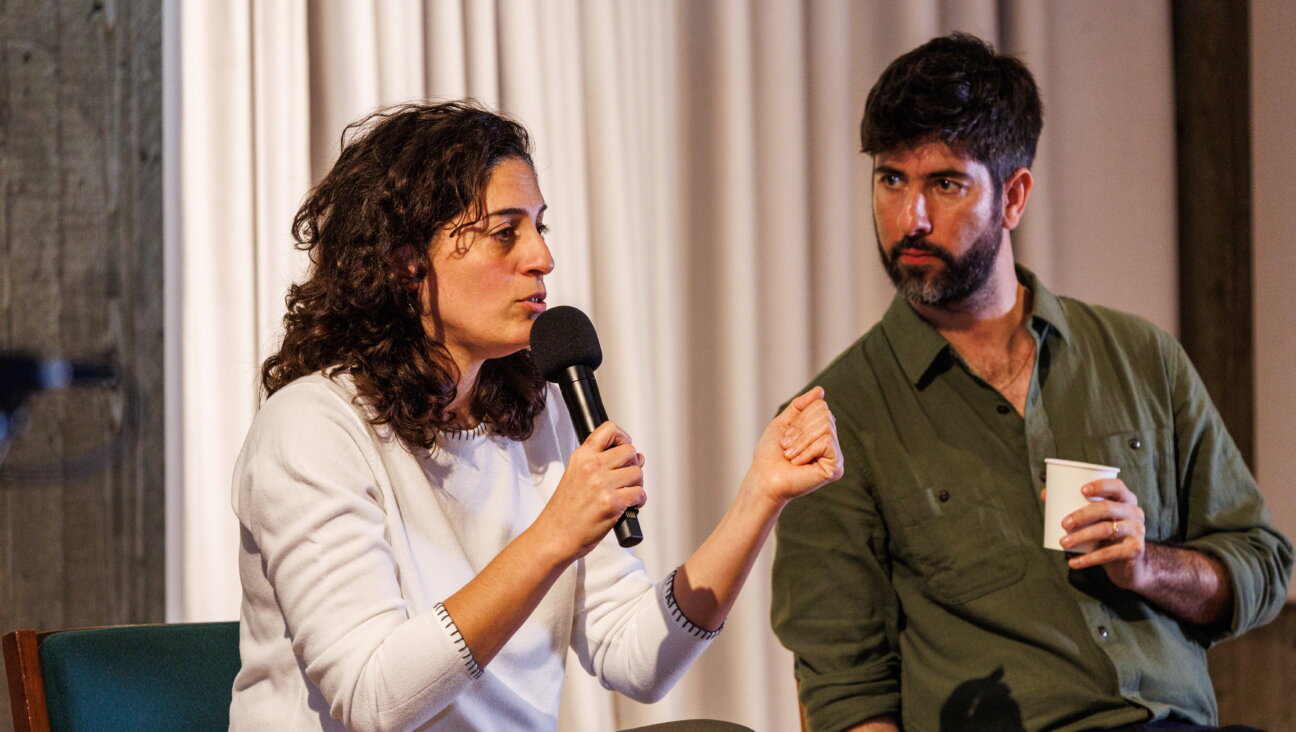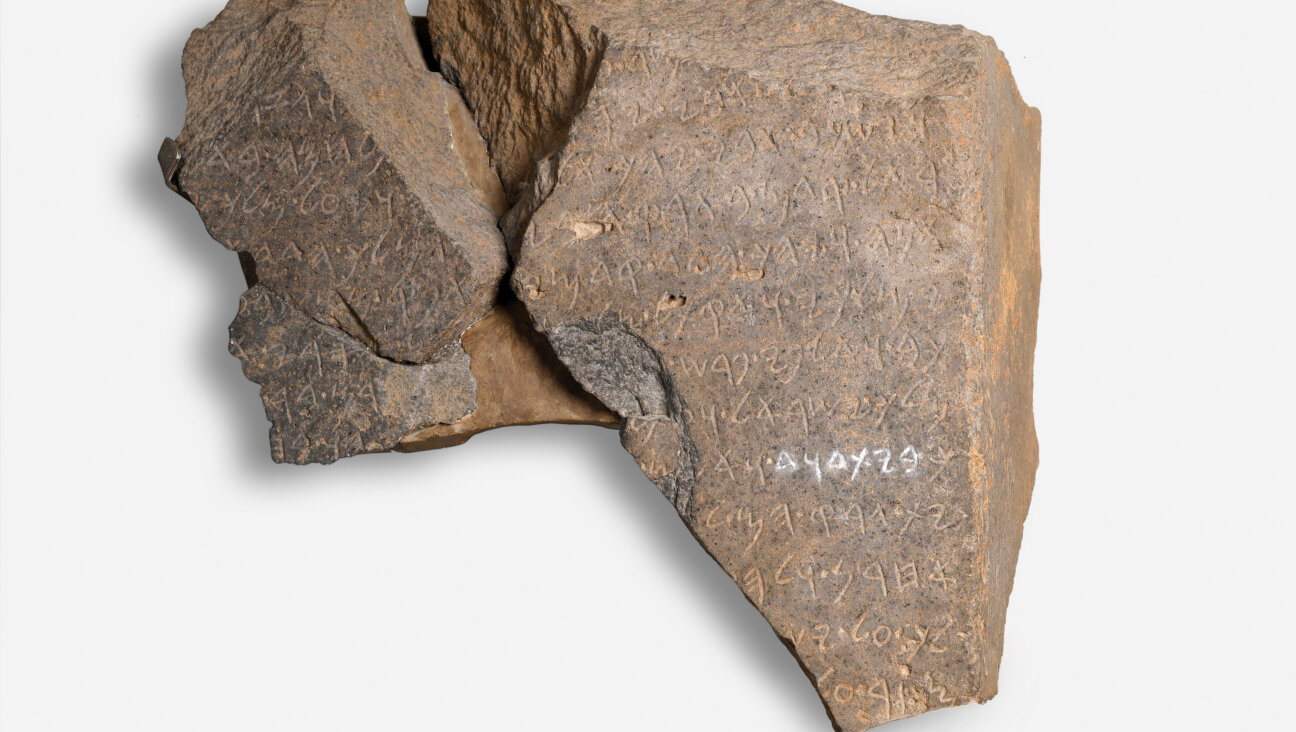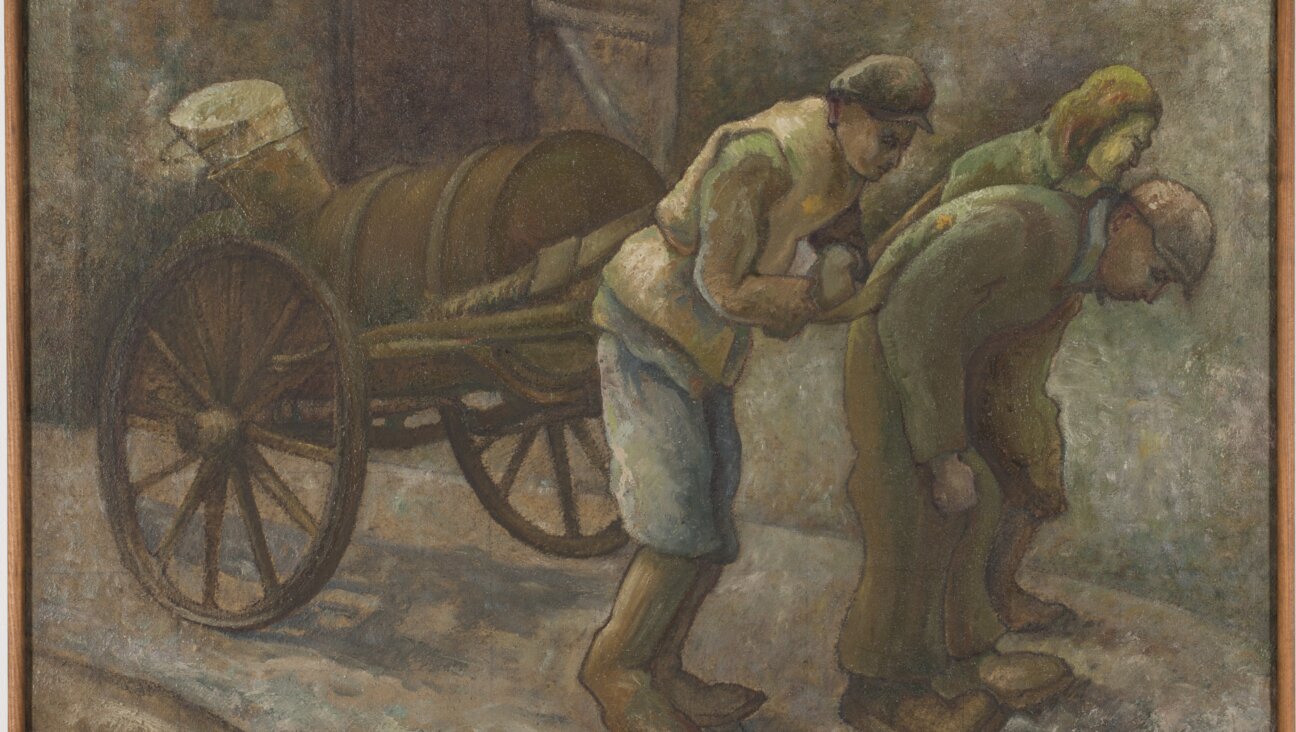A 91 year old Zionist stands against annexation

Ave Amith and his wife Marcia, in 2019. Image by Unknown (courtesy of Avraham Amith)
Recently Prime Minister Netanyahu announced plans to annex parts of the West Bank to Israel—an area in vigorous dispute since the conclusion of the Six Day War in 1967. While the problems between Israelis and Palestinians are deeply entrenched, this unilateral move by Israel’s government is the most egregious in a culmination of Netanyahu-backed steps that has transformed Israel from a country with social-democratic roots to one that is in the danger of becoming an apartheid state.
At 91 years old, the recent discussion of annexation has given me the incentive and opportunity to examine the evolution of my own thinking on the subject—from a tough minded “hawk” to a supporter of a “two-state solution.”
In 1931, as a small child, I emigrated from Poland to Palestine with my Zionist parents. I absorbed my parents’ strong belief in creating Palestine as an independent Jewish State where Jews could live without fear of persecution. My view was cemented as a teenager during World War II, when I lost my grandparents, aunts, uncles and many cousins who had remained in Poland and were exterminated in the Holocaust.
Israel’s Consul General Dani Dayan is leaving after four years. What has he learned? He talks to editors-in-chief Jodi Rudoren and Andrew Silow-Carroll, of the Forward and the Jewish Week, about American Jewry’s relationship with Israel. Register here to listen in on July 8 at 12 p.m. ET.
At age 16, I spent many nights—defying British Mandate rules — helping to “smuggle” Jewish refugees from Europe into Palestine near the port city of Haifa. By the time I reached 17, I joined the militant underground Irgun, which fought British rule with the goal of establishing a Jewish State. After the United Nations resolution recognized Israel, the fighting turned to the invading Arab armies.
As a teenager, I was willing to risk my life for this ideal because I understood that anti-Semitism would not abate. I felt strongly that Jews had a right to return to the place from which we had been repeatedly exiled. At the time I did not consider that Arabs had, in the intervening years, built homes and created families on that same land.

Avraham (right) on horseback in Palestine around 1935-36. Image by Unknown (courtesy of Avraham Amith)
Over the years, as one does, I came to see issues and people with more nuance. In 1967, I observed the Six Day War, during which surrounding Arab nations attacked Israel, as an American citizen. While I was relieved that Israel defended herself, in the war’s aftermath I became concerned with Israel’s continued presence in the West Bank. Inevitably occupation becomes oppressive on those occupied, as well as corrosive on the occupier. Over a decade later, for example, when Israel invaded Lebanon, it was initially hailed as a friend and liberator, but quickly became a despised occupier.
Annexation is not a new concept for Israel. In 1980-1981, East Jerusalem and the Golan Heights were effectively annexed by Israel. For me, East Jerusalem represented a largely emotional issue. American Jews recite, “Next year in Jerusalem,” at the conclusion of the Passover seder. In my childhood Haifa home, however, we recited, “Next year in Liberated Jerusalem.” The Golan Heights, moreover, was a sanctuary from which Syrians frequently shot at the low-lying Israeli communities on the banks of the Galilee. And while I recognize the need for Israeli concessions, I still believe strongly in the existence of Israel while ensuring that its security needs are addressed fully and unequivocally.
But hindsight has given me perspective. I greatly admired Yitzak Rabin, a strong military leader who, war-weary after years of fighting, realized that peaceful co-existence requires painful Israeli and Palestinian sacrifice. Nor can I forget the vitriolic invective and incitement to violence that a younger Netanyahu and his fellow Likud party members spewed toward Rabin and his dream.
Today I cannot ignore the morally and politically indefensible annexation of the West Bank. Others, well-versed in the politics and history of the Middle East have eloquently written about the risks of such annexation, which will deepen unrest, lead to greater hatred and antagonize both Israel’s enemies and allies.
But perhaps most tragically, Netanyahu’s proposed action reveals the end of any aspiration for peaceful co-existence. Impediments abound, but the dream should not be buried; Israelis must continue to imagine the unimaginable.

Avraham with his father Tzvi (a Zionist) and his grandfather Simcha (who was both Orthodox and Zionist, an unusual combination). Image by Unknown (courtesy of Avraham Amith)
It is important to recognize that support for the nascent Israeli nation was not unified, even among the Jews living there. In pre-Israel Palestine, the majority of Jewish settlers were socialists who belonged to various left-wing labor parties. Their goal was the maintenance of a Jewish socialist community — not a nation-state. The Hashomer Hatsair group aspired to a bi-national Jewish and Arab state. And many Orthodox Jews opposed actively building a nation state, instead favoring waiting for the Messiah. In other words, Israeli politics today has strayed far from the founders’ visions.
Israel was born out of hope, and it is difficult to envision a future without hope. Annexation of large swathes of West Bank land represents the abandonment of hope — for Israelis and for Palestinians alike.
Avraham Amith (“Ave”) was born in 1929 to Zionist parents, who emigrated with him, when he was only 2 years, from Poland to Haifa, Palestine, leaving a very large family behind. He came to the United States to study, with plans to return to Israel. Upon finishing college, he met and married, earned a PhD in physics, and became an American citizen. Dr. Amith and his wife Marcia Amith raised two children and now have four grandchildren.
A message from our Publisher & CEO Rachel Fishman Feddersen

I hope you appreciated this article. Before you go, I’d like to ask you to please support the Forward’s award-winning, nonprofit journalism during this critical time.
We’ve set a goal to raise $260,000 by December 31. That’s an ambitious goal, but one that will give us the resources we need to invest in the high quality news, opinion, analysis and cultural coverage that isn’t available anywhere else.
If you feel inspired to make an impact, now is the time to give something back. Join us as a member at your most generous level.
— Rachel Fishman Feddersen, Publisher and CEO













